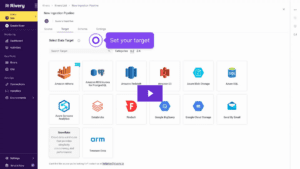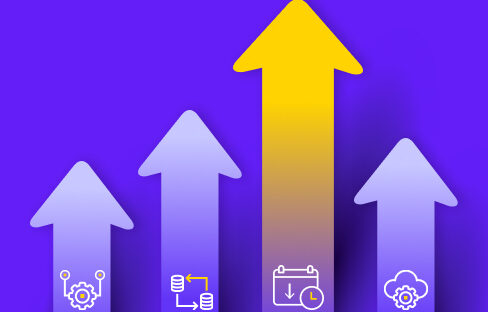Following Google’s acquisition of Alooma, the company has decided to focus their efforts on helping their clients bring their data sources into BigQuery, Google’s data warehouse.
While this is an understandable outcome as Google wants to focus on serving their customers and expanding their cloud capabilities, it also means that customers that store their data in other using other platforms such as AWS, Azure SQL or Snowflake, will need to look for alternative solutions to stream their data and create an automated pipeline that brings all their data sources together.
At Rivery, our ambition has always been to be an agnostic platform.
It doesn’t matter where you choose to keep your data – we want to be able to help businesses create the most efficient data pipeline. Each cloud warehouse has its own benefits, so different solutions fit different businesses.
We believe that you should be able to orchestrate the most efficient data pipeline, regardless of where your data is hosted, or where is ultimately used/visualized for insights.

Similar to Rivery, Alooma was used by AWS users as an ETL tool to extract data from apps, enabling users to perform transformations and enrichment, and load the data into Redshift. But after Google’s acquisition, seems like Alooma will fade out support to AWS and Redshift very soon.
If you’re looking for alternative solutions to orchestrate your data pipeline and manage the ETL process, get in touch! Rivery might just be exactly what you need.
Minimize the firefighting. Maximize ROI on pipelines.





